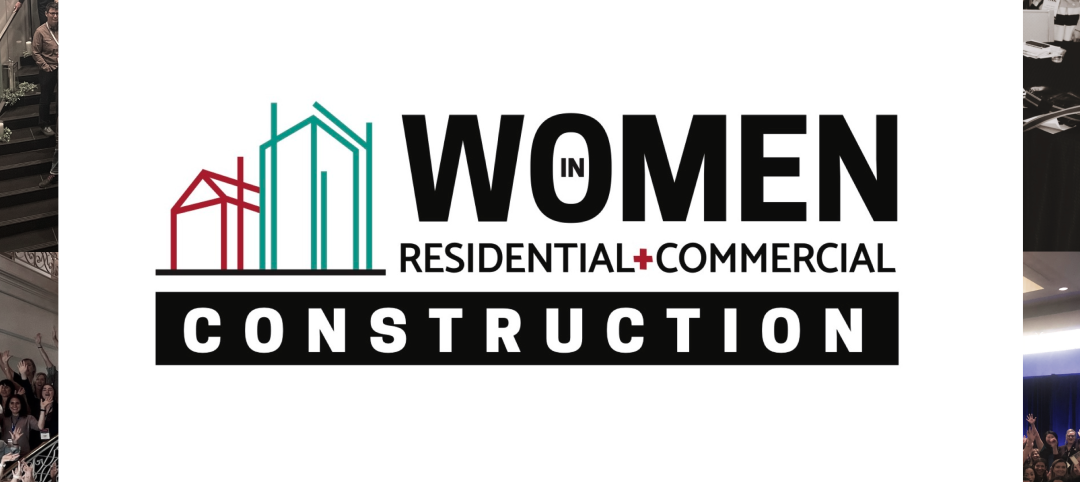John L. Knott Jr. has been named as the Health Product Declaration Collaborative’s (www.hpdcollaborative.org) first Executive Director following a national search. The Health Product Declaration Collaborative (HPDC) is a customer-led standards-setting organization committed to the continuous improvement of the building industry’s environmental and health performance, through transparency and innovation in the building product supply chain. Mr. Knott succeeds Meredith Elbaum AIA who served as Acting Executive Director of HPDC since its founding in Fall 2012.
Mr. Knott is a third generation developer and a recognized leader in sustainability. In his 40 year career he has worked on award winning projects in Baltimore and Washington DC; the University of Texas Health Science Center in the Houston Medical Center; Dewees Island in South Carolina; and the Noisette Community of North Charleston, South Carolina. He is the creator of the CityCraft process, a planning process that restores and builds the economic, environmental and social health of communities.
He has advised the White House and the Department of Homeland Security on energy security and sustainability, and served as an advisor to HUD, DOE, EPA and the National Park Service, as well as cities, major corporations, and foreign governments.
Since 1994, Mr. Knott has served in numerous national leadership roles for the Urban Land Institute (ULI) including as a founding member of the Sustainable Development Council and Responsible Property Development Council, and the Founding Chairman of the ULI’s District Council for South Carolina (2004-2008). From 2002-2007, Knott served as chairman of the U.S. Working Group for Urban-Suburban Indicators in compiling the landmark Heinz Center report, “The State of the Nation’s Ecosystems.” He also serves the Milton S. Eisenhower Foundation as a Trustee as well as an advisory board member for the Remaking Cities Institute at Carnegie Mellon. Mr. Knott was given the South Carolina Environmental Awareness Award by the State of South Carolina in February 2005, the state’s highest environmental honor and in January 2006, Metropolis magazine named him as one of the world’s leading design visionaries.
“The HPD Collaborative has made remarkable progress over the last 18 months. I am excited about being selected to play a leadership role in developing disclosure standards for the content of all materials and products in commerce, along with their associated health impacts,” said Mr. Knott.
He added: “My family’s work for 100+ years has been rooted in the understanding that we are responsible for the long term health of all those we serve with the buildings, neighborhoods, and communities we create. As a society, we must face the challenge of better understanding the health implications of the places we live and work. The opportunity to accept this challenge, engage those who are involved in the built environment process and assist them in making informed decisions about the habitat they are responsible for is a capstone for my career and a legacy of health that I can leave for our children and grandchildren.”
Peter Syrett, the HPDC Board Chair and a Partner at rePlace Urban Studio, noted: “John’s career has been about making healthy places. We are delighted to have him join us and to have his passion, energy, and knowledge focused on making a transparent and healthy building product marketplace.”
Gail Vittori, Board member and Co-Director of the Center for Maximum Potential Building Systems, praised John's appointment, reflecting that, "John’s exceptional leadership experience will be key to position the Health Production Declaration specifically, and transparent disclosure more generally, to become ‘standard operating procedure’ for building material specification and procurement.”
Other Health Product Declaration Collaborative Board members echoed these sentiments:
“Mr. Knott’s diverse industry experience and leadership roles bring an exciting perspective to the Health Product Declaration Collaborative that I believe will allow us to engage successfully with manufacturers and expand acceptance of the HPD across multiple stakeholder groups,” said Aaron Smith, Board Treasurer and Director Sustainable Building Solutions for ASSA ABLOY.
Amanda Kaminsky, HPDC Board Vice-Chair, and Sustainable Construction Manager with The Durst Organization in New York City, observed: “John has a keen sensibility for how all the pieces of a puzzle fit together to effect holistic change. He embodies the collaborative energy behind the development of the Health Product Declaration to date - energy vital for the meaningful progress sought in our materials marketplace.”
Anthony Bernheim, HPDC Board Member and Principal, Sustainable Built Environments, noted that, “John brings a wealth of real-world experience to the Health Product Declaration Collaborative at an important moment in history, at a time when our industry is paying more attention to green building and human health. His leadership will guide the further development of the Health Product Declaration so that the building industry will have better tools for product selection and specification.”
About the Health Product Declaration Collaborative
The Health Product Declaration Collaborative is a customer-led organization for companies and individuals committed to the continuous improvement of the building industry’s environmental and health performance, through transparency and innovation in the building product supply chain. The Collaborative created and supports The Health Product Declaration Open Standard, a format that systematizes reporting language to enable transparent disclosure of building product content and associated health information. It defines the critical information needed by building designers, specifiers, owners and users. It is freely available to all at www.hpdcollaborative.org.
Related Stories
Project + Process Innovation | Mar 22, 2023
Onsite prefabrication for healthcare construction: It's more than a process, it's a partnership
Prefabrication can help project teams navigate an uncertain market. GBBN's Mickey LeRoy, AIA, ACHA, LEED AP, explains the difference between onsite and offsite prefabrication methods for healthcare construction projects.
Women in Design+Construction | Mar 21, 2023
Two leading women in construction events unite in 2023
The new Women in Residential + Commercial Construction Conference (WIR+CC) will take place in Nashville, Tenn., October 25-27, 2023. Combining these two long-standing events aligns with our mission to create an event most impactful for women in the $1.4 trillion U.S. commercial and residential design and construction industry.
Mass Timber | Mar 19, 2023
A 100% mass timber construction project is under way in North Carolina
An office building 100% made from mass timber has started construction within the Live Oak Bank campus in Wilmington, N.C. The 67,000-sf structure, a joint building venture between the GCs Swinerton and Wilmington-headquartered Monteith Construction, is scheduled for completion in early 2024.
Sports and Recreational Facilities | Mar 17, 2023
Aurora, Colo., recreation center features city’s first indoor field house, unobstructed views of the Rocky Mountains
In January, design firm Populous and the City of Aurora, Colo. marked the opening of the Southeast Aurora Recreation Center and Fieldhouse. The 77,000-sf facility draws design inspiration from the nearby Rocky Mountains. With natural Douglas Fir structure and decking, the building aims to mimic the geography of a canyon.
Architects | Mar 16, 2023
HKS launches partner diversity program to create a more diverse workforce and partnership network
Design firm HKS has launched a new partner diversity program that will work to build a more diverse AEC ecosystem. The HKS xBE program will give xBE firms (a term encompassing all disadvantaged businesses) and their members “access to opportunities to build relationships, pursue new work, and bolster innovation within the architecture and design professions,” according to HKS.
Sustainability | Mar 16, 2023
Lack of standards for carbon accounting hamper emissions reduction
A lack of universally accepted standards for collecting, managing, and storing greenhouse gas emissions data (i.e., carbon accounting) is holding back carbon reduction efforts, according to an essay published by the Rocky Mountain Institute.
Sports and Recreational Facilities | Mar 15, 2023
Georgia State University Convocation Center revitalizes long-neglected Atlanta neighborhood
Georgia State University’s new Convocation Center doubles the arena it replaces and is expected to give a shot in the arm to a long-neglected Atlanta neighborhood. The new 200,000 sf multi-use venue in the Summerhill area of Atlanta is the new home for the university’s men’s and women’s basketball teams and will also be used for large-scale academic and community events.
Sponsored | Cladding and Facade Systems | Mar 15, 2023
Metal cladding trends and innovations
Metal cladding is on a growth trajectory globally. This is reflected in rising demand for rainscreen cladding and architectural metal coatings. This course covers the latest trends and innovations in the metal cladding market.
Education Facilities | Mar 15, 2023
DLR Group’s Campus Planning Studio defines new leadership
Linsey Graff named Campus Planning Leader. Krisan Osterby transitions to Senior Planner.
Building Tech | Mar 14, 2023
Reaping the benefits of offsite construction, with ICC's Ryan Colker
Ryan Colker, VP of Innovation at the International Code Council, discusses how municipal regulations and inspections are keeping up with the expansion of off-site manufacturing for commercial construction. Colker speaks with BD+C's John Caulfield.
















